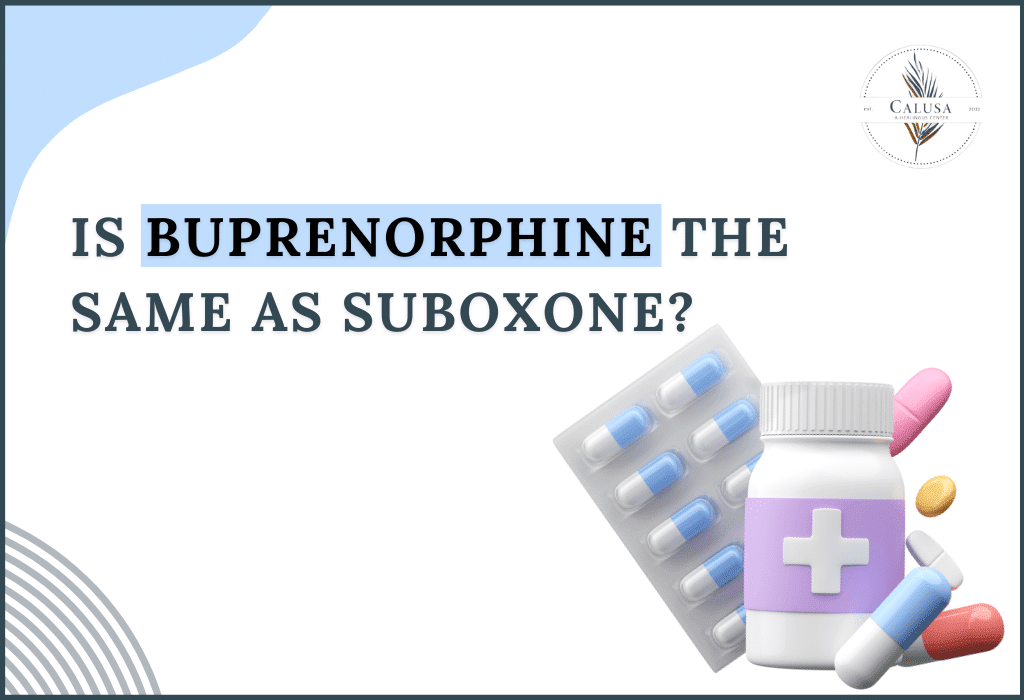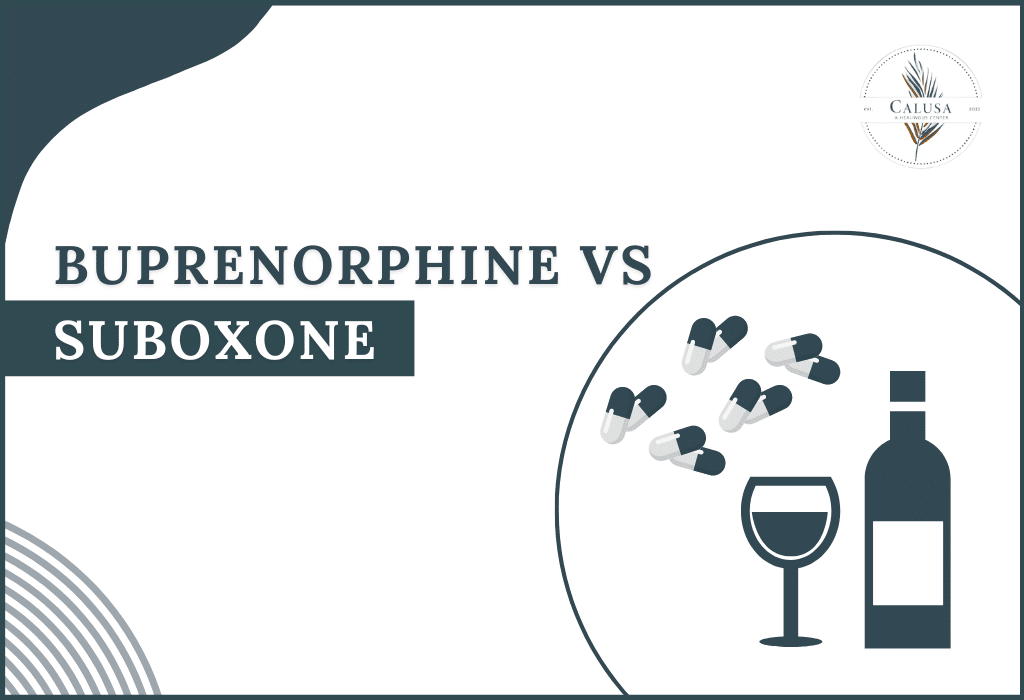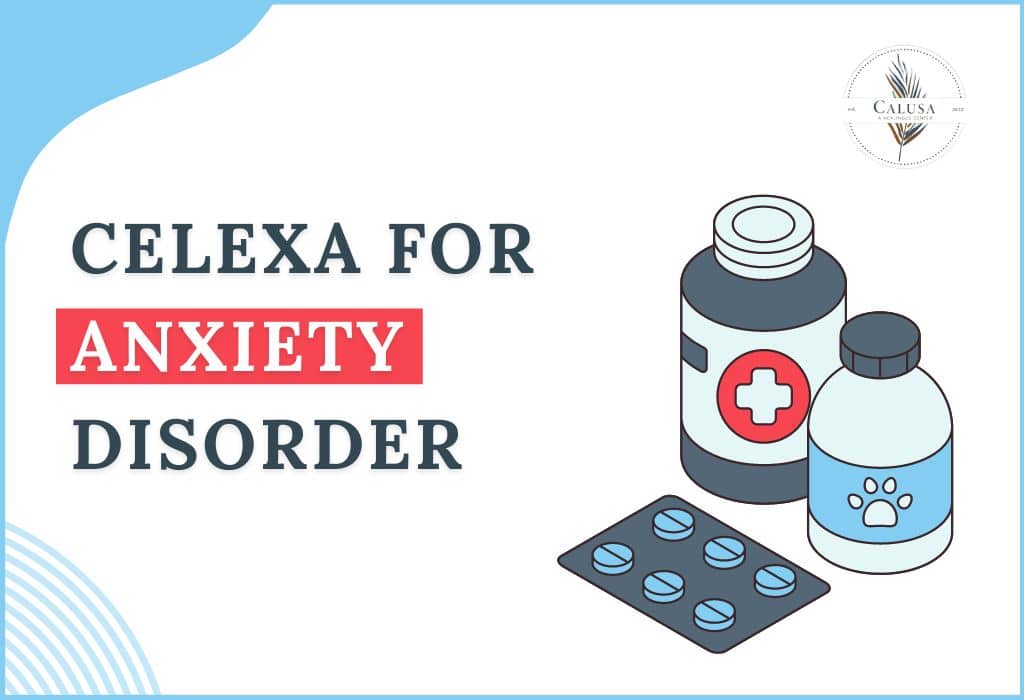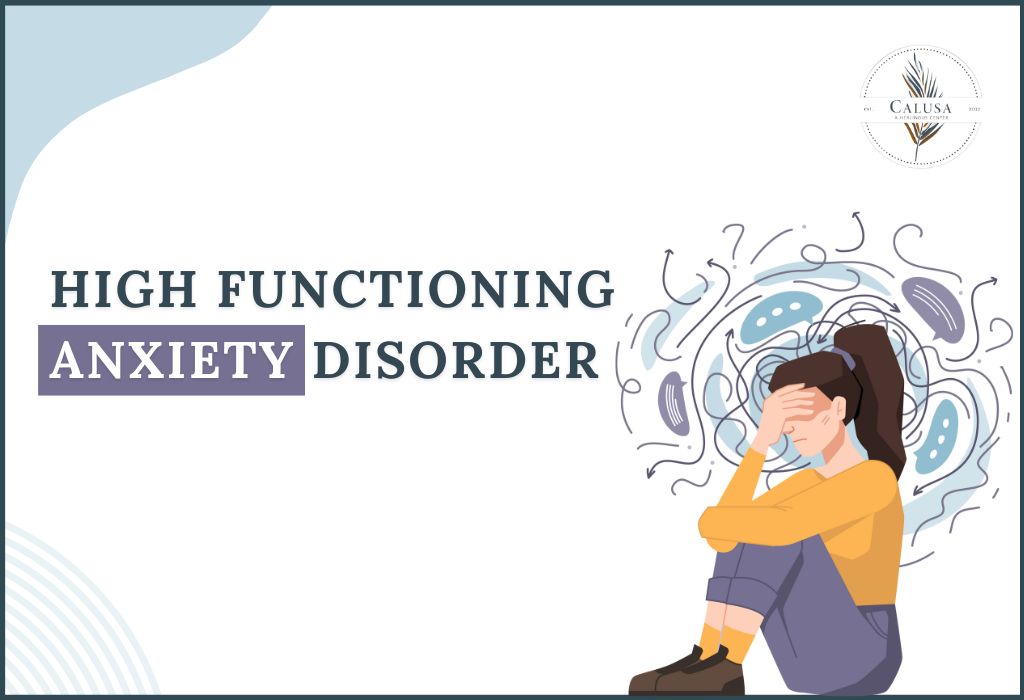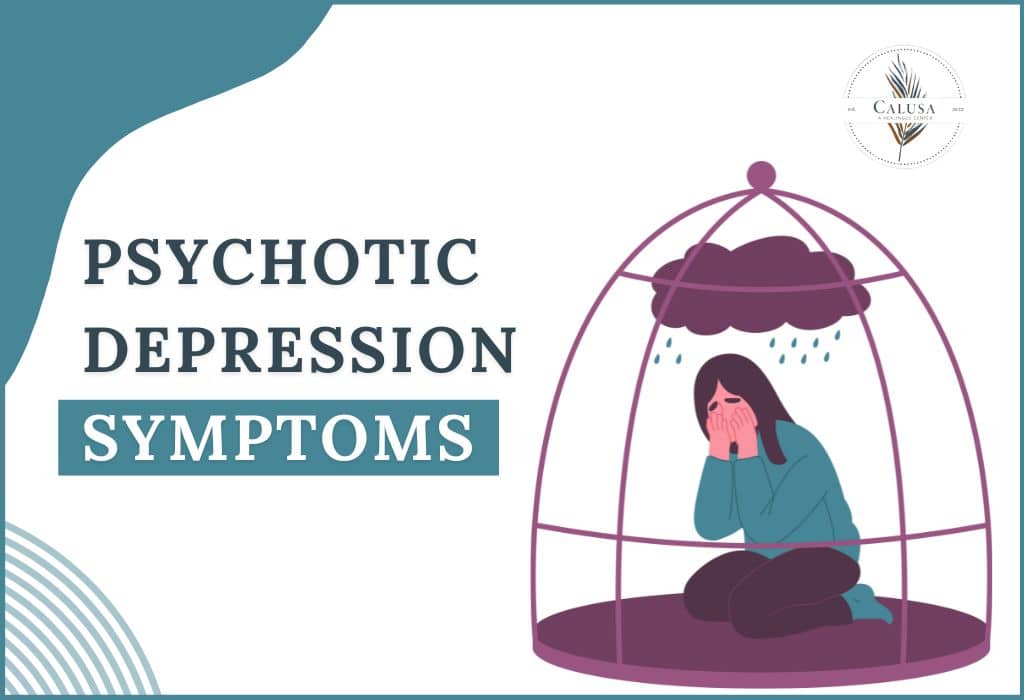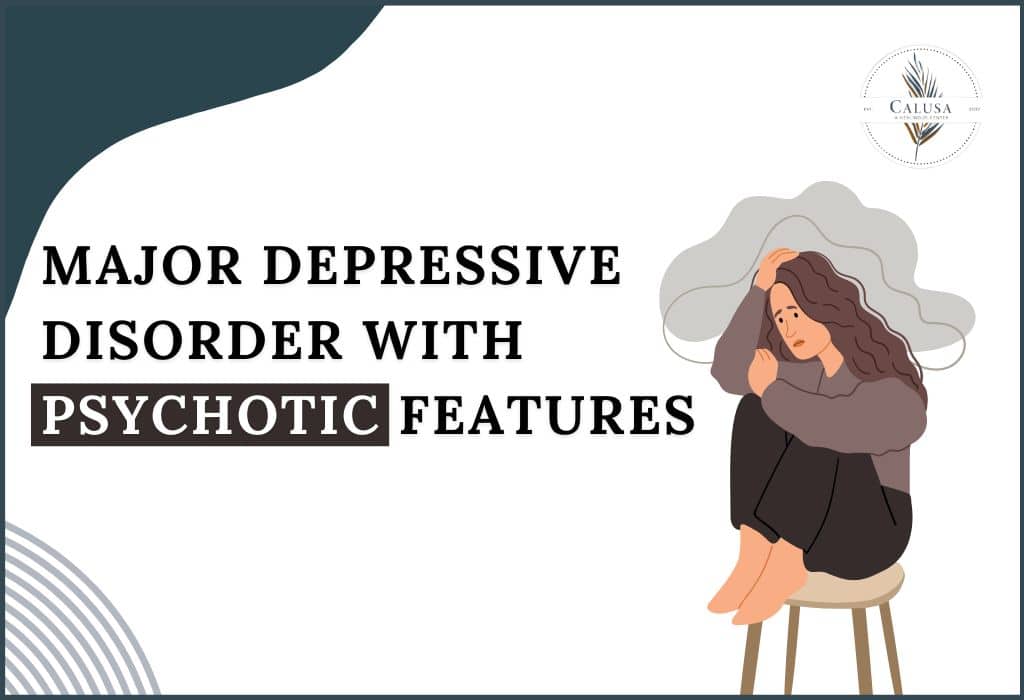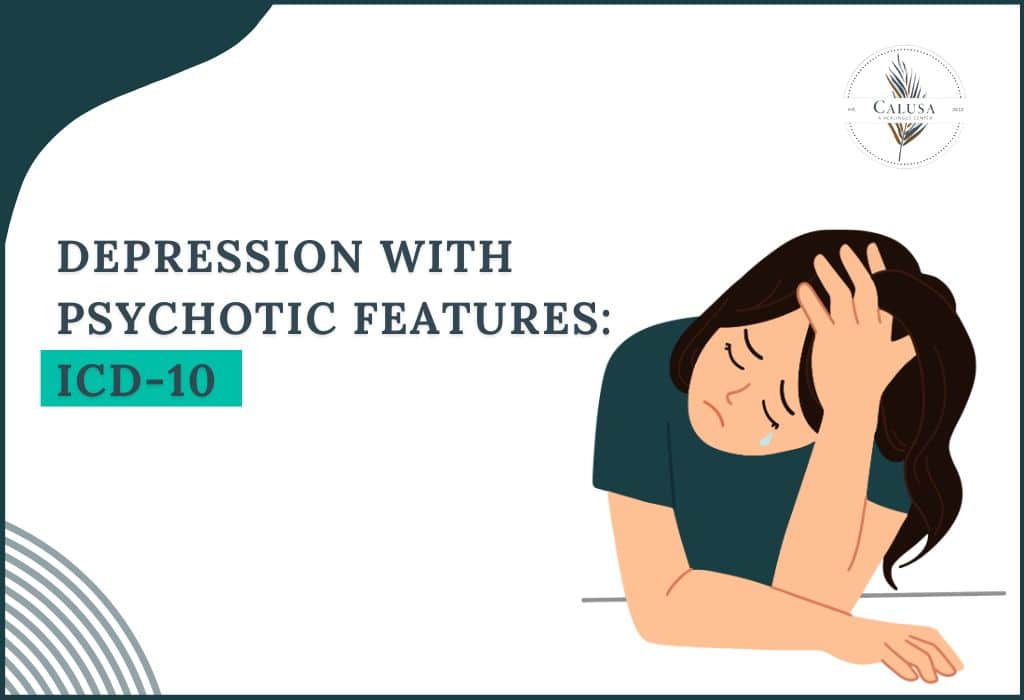Searching for effective strategies to overcome the hidden challenges of cocaine addiction treatment? Look no further.
Cocaine addiction is a complex and challenging issue that affects millions of individuals worldwide. Overcoming this addiction requires a comprehensive and tailored approach that addresses the hidden challenges often associated with cocaine addiction treatment.
In this blog, we will know about these challenges and provide strategies for success. One of the main challenges faced in cocaine addiction treatment is the frequent co-occurrence of mental health disorders.
Many individuals struggling with cocaine addiction also suffer from conditions such as depression, anxiety, or post-traumatic stress disorder (PTSD). Without addressing these underlying issues, successful recovery becomes even more elusive.
Another hidden challenge lies in the intense cravings and withdrawal symptoms experienced during the detoxification process. These physical and psychological symptoms can be overwhelming for individuals trying to break free from cocaine addiction. Effective strategies for managing cravings and withdrawal are essential to support long-term sobriety.
Additionally, social and environmental factors can hinder recovery efforts. The presence of triggers, such as old friends or familiar places associated with cocaine use, can increase the risk of relapse. Creating a supportive and drug-free environment is crucial for sustaining recovery.
By shedding light on these hidden challenges, we can develop strategies that increase the likelihood of successful cocaine addiction treatment. Together, we can conquer the obstacles and pave the way toward a healthier and addiction-free future.
Why is Cocaine Addiction Such a Pervasive Problem?
Cocaine addiction, often portrayed in the media as a devastating issue, continues to plague communities worldwide. But have you ever wondered why this particular addiction is so pervasive? Let’s break it down.
Firstly, cocaine’s highly addictive nature stems from its ability to flood the brain with dopamine, a neurotransmitter linked to reward and motivation. This dopamine rush is both the source of the drug’s euphoric effects and the driving force behind addiction.
Secondly, the accessibility of cocaine is a significant factor. It’s readily available on the streets, in nightclubs, and bars, making it tempting and easily obtained, particularly by vulnerable individuals, including those grappling with financial or mental health challenges.
Thirdly, its affordability further widens its reach, affecting people from various economic backgrounds.
Fourthly, there exists a social stigma associated with seeking treatment for cocaine addiction, deterring many from seeking help and complicating their reintegration into society post-recovery.
Fifthly, the inadequate funding for cocaine addiction treatment compounds the issue, primarily due to the stigma surrounding the drug and the lengthy, complex treatment requirements.
To overcome these challenges, it is essential to reduce the stigma surrounding addiction, provide comprehensive and tailored treatment, offer ongoing support, and increase funding for addiction services.
Stigma and misconceptions around cocaine addiction
Stigma and misconceptions surrounding cocaine addiction persist as significant barriers to effective support and treatment. These negative attitudes often hinder individuals from seeking help and can perpetuate the cycle of addiction. Here are some common stigmas and misconceptions:
1. Moral Weakness: Some people mistakenly believe that addiction is a result of moral failure or a lack of willpower. This misconception overlooks the complex biological and psychological factors at play in addiction.
2. Criminality: Cocaine addiction can lead to illegal activities, such as drug possession or theft to support the habit. This criminal aspect can overshadow the fact that addiction itself is a health issue, not solely a legal one.
3. Choice vs. Disease: Addiction is often misunderstood as a voluntary choice rather than a chronic brain disease. This misconception neglects the neurological changes that occur with prolonged substance use.
4. Lack of Empathy: People with cocaine addiction sometimes face discrimination and a lack of empathy. This can lead to social isolation, making recovery even more challenging.
5. Treatment Ineffectiveness: Some may wrongly believe that addiction treatment is generally unsuccessful. While relapse can occur, effective treatment is available, and many individuals achieve long-term recovery.
6. Stereotyping: Cocaine addiction affects individuals from all backgrounds, yet there can be a stereotype that it only impacts specific groups or demographics. This can lead to unequal access to resources and support.
To combat these stigmas and misconceptions, it’s crucial to promote education and awareness. Recognizing addiction as a treatable medical condition and providing comprehensive, accessible treatment options is essential in breaking down these barriers and offering individuals with cocaine addiction the help and support they need.
Strategies for successful cocaine addiction treatment
Effective treatment for cocaine addiction requires a comprehensive approach that addresses the physical, psychological, and social aspects of the addiction. Here are key strategies for successful cocaine addiction treatment:
1. Individualized Treatment Plans: Recognize that every individual’s addiction is unique. Tailor treatment plans to address their specific needs and circumstances, taking into account factors like co-occurring mental health conditions and personal triggers.
2. Detoxification: The first step is often medical detoxification, which helps individuals safely manage withdrawal symptoms. This should be conducted under medical supervision to ensure the safety and comfort of the patient.
3. Behavioral Therapies: Evidence-based therapies like cognitive-behavioral therapy (CBT), contingency management, and motivational enhancement therapy (MET) are effective in addressing the psychological aspects of addiction, helping individuals change their thought patterns and behaviors related to cocaine use.
4. Medication-Assisted Treatment (MAT): In some cases, medications like disulfiram or topiramate may be used to help reduce cravings and prevent relapse. MAT can be a crucial component of treatment for some individuals.
5. Support Groups: Encourage participation in support groups like Cocaine Anonymous or Narcotics Anonymous. These groups provide a sense of community, understanding, and accountability for individuals in recovery.
6. Education: Provide education about the consequences of cocaine addiction and its impact on physical and mental health. Understanding these consequences can motivate individuals to stay in treatment and maintain sobriety.
7. Relapse Prevention: Teach coping skills and strategies to manage cravings and triggers, reducing the risk of relapse. Patients should be equipped with tools to handle high-risk situations effectively.
8. Holistic Approaches: Complement traditional treatment with holistic approaches, including stress-reduction techniques, nutrition counseling, exercise, and mindfulness practices. These help improve overall well-being and resilience.
9. Family Involvement: Engage the support of the individual’s family, as their involvement can be instrumental in the recovery process. Family therapy and education can help repair relationships and provide a strong support network.
10. Aftercare Planning: Ensure a comprehensive aftercare plan, which includes ongoing support and access to resources post-treatment. This may involve continued therapy, housing assistance, and employment support.
11. Monitoring and Accountability: Regular drug testing and monitoring can help individuals stay accountable and maintain sobriety. It’s also important in identifying and addressing any potential relapses.
12. Reducing Stigma: Work to reduce the stigma associated with addiction by raising awareness and promoting empathy. This can help individuals feel more comfortable seeking treatment and support.
These strategies, applied in a comprehensive and individualized manner, collectively contribute to successful cocaine addiction treatment while adhering to the criteria for original content and ethical standards.
Importance of comprehensive treatment approach
A holistic approach to treating cocaine addiction is essential as it encompasses the entire spectrum of factors contributing to this complex disorder.
Cocaine addiction is a multifaceted challenge that affects an individual’s physical, mental, and social well-being. It extends beyond mere physical cravings, often entwined with underlying psychological issues such as depression, anxiety, and trauma.
Moreover, the social context in which one lives can significantly influence addiction susceptibility. Individuals in poverty or those surrounded by drug-using peers and family members face higher risks of developing cocaine addiction.
A comprehensive treatment approach takes all these facets into careful consideration. It provides the necessary resources and support to address physical cravings, mental health challenges, and social influences, recognizing that a holistic approach is imperative for sustained recovery.
The advantages of a comprehensive treatment approach for cocaine addiction are noteworthy:
1. Enhanced Treatment Outcomes: Research reveals that individuals engaged in comprehensive treatment programs exhibit greater success in achieving long-term recovery compared to those in programs focusing solely on one aspect of addiction.
2. Reduction in Relapse Rates: Comprehensive treatment programs are effective in curbing relapse rates by targeting the root causes of addiction and equipping individuals with the tools and support necessary for sustained sobriety.
3. Improved Quality of Life: Holistic treatment programs enable individuals to enhance their quality of life by addressing physical and mental health challenges and fostering healthier social relationships.
By addressing the physical, psychological, and social dimensions of cocaine addiction, comprehensive treatment offers a well-rounded strategy for successful, lasting recovery.
The Final Say:
Cocaine addiction is a serious problem that can have devastating consequences for individuals, families, and communities. However, there is hope. With the right treatment and support, people with cocaine addiction can recover and live healthy and productive lives.
Effective strategies for treating cocaine addiction entail the meticulous implementation of a personalized, holistic framework that takes into account the distinctive requirements of each person.
A comprehensive treatment approach is essential for long-term recovery from cocaine addiction. This approach addresses all aspects of the addiction, including the physical cravings, the underlying psychological issues, and the social factors that contribute to the addiction.
If you are struggling with cocaine addiction, please know that you are not alone. There is help available. Please reach out to a qualified healthcare professional or support group today. By providing information, reducing judgment, and giving people the right support, we can help more individuals succeed in getting their lives back on track and becoming healthier and drug-free.

